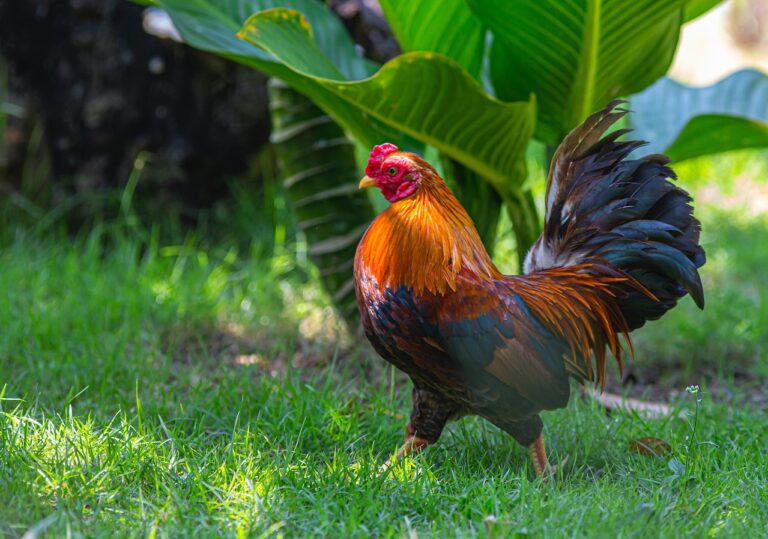Is Cockfighting Legal in Quintana Roo, Mexico?
Cockfighting is considered a traditional and popular activity in many parts of Mexico, including the state of Quintana Roo. However, cockfighting is currently illegal in Quintana Roo and the rest of Mexico, as the country’s federal law prohibits animal cruelty and explicitly includes cockfights as a form of animal mistreatment.
What is the Current State of Cockfighting in Quintana Roo?
Despite being illegal, cockfighting remains a common practice in Quintana Roo. It is mostly carried out in clandestine locations and private events, where spectators gather to bet on the outcome of the fights. These fights often involve large sums of money and can attract a diverse crowd, including tourists.
- Many participants argue that cockfighting is an essential part of their culture and tradition, with roots dating back to the Mayan civilization.
- Some local authorities have been accused of turning a blind eye to these illegal activities, further contributing to their prevalence.
- Animal rights activists and organizations continue to campaign against cockfighting, advocating for stronger enforcement of the law and raising awareness about the cruelty involved in the practice.
How is Cockfighting Referred to in the Quintana Roo Region?
In Quintana Roo, as in the rest of Mexico, cockfighting is commonly referred to as pelea de gallos, which translates to rooster fights in English. The birds used for these fights are known as gallos de pelea, meaning fighting roosters. The venues where these fights take place are called palenques, which can be temporary structures set up for a single event or more permanent locations that host regular fights.
What are the Laws and Penalties for Cockfighting in Quintana Roo?
In 2017, Mexico’s federal congress passed a law that criminalized all forms of animal cruelty, including cockfighting. This law is applicable throughout the country, including Quintana Roo.
| Penalty | Description |
|---|---|
| Fines | Those found guilty of organizing, promoting, or participating in cockfights can face fines ranging from 50 to 150 times the daily minimum wage. |
| Imprisonment | In some cases, individuals involved in cockfighting can be sentenced to prison for up to four years. |
| Confiscation | Authorities have the power to confiscate the animals involved in the fights, as well as any equipment used for the purpose. |
How are Government Laws and Resources Impacting Cockfighting in Quintana Roo?
While the federal law against animal cruelty has made cockfighting illegal in Quintana Roo, enforcement remains a challenge due to limited resources and the widespread cultural acceptance of the practice. Additionally, some local authorities have been accused of being complicit in allowing these illegal activities to continue.
- Animal rights organizations and activists are working to raise awareness about the cruelty of cockfighting and push for better enforcement of the law.
- Some municipalities in Quintana Roo have started to allocate resources to enforce the law and dismantle illegal cockfighting events.
- Public opinion on cockfighting remains divided, with some considering it a cruel and outdated practice, while others argue for its cultural significance and potential economic benefits through regulated events.
In conclusion, although cockfighting is illegal in Quintana Roo and the rest of Mexico, the practice persists in clandestine events and private gatherings. The challenges of enforcing the law and changing cultural perceptions contribute to the ongoing prevalence of this cruel and inhumane activity.
